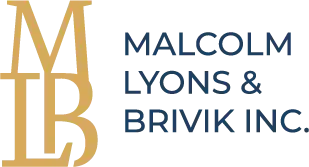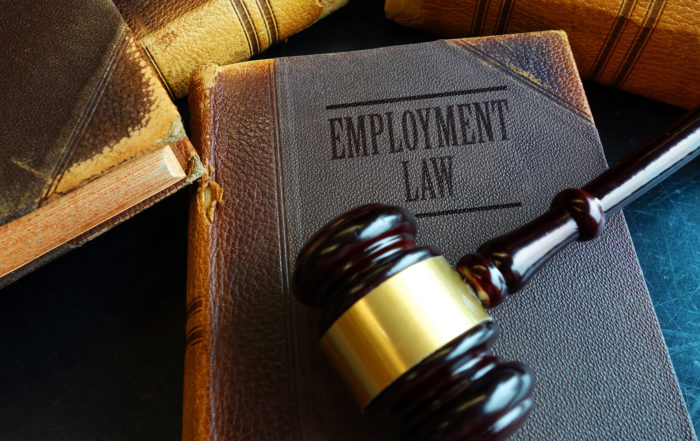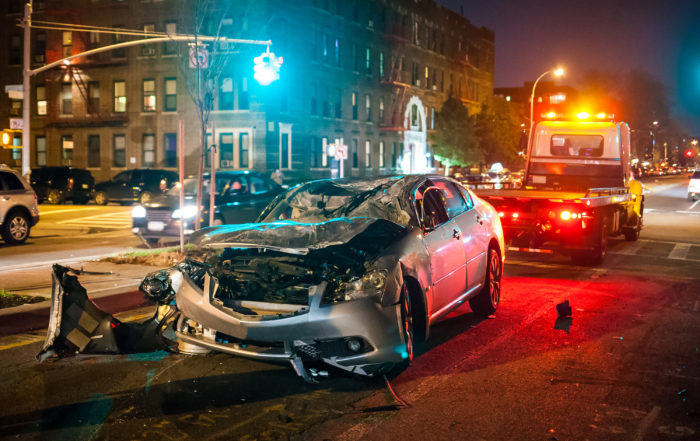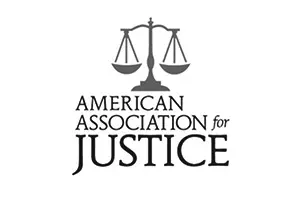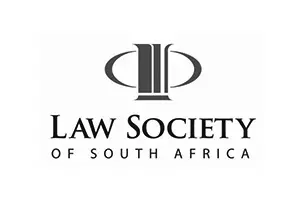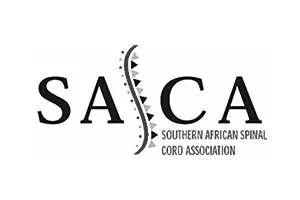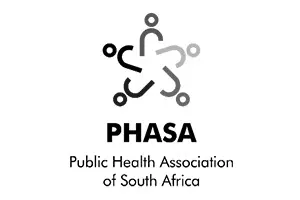Own-risk sign at centre of claim after escalator fall
Own-risk sign at centre of claim after escalator fall
Injured women accuse companies following Eastgate mall mishap
Die Burger
Lee Rondganger
Three women who fell down a malfunctioning escalator at the Eastgate shopping mall plan to challenge the “use at own risk” sign put up next to escalators in what could be precedent-setting case at the Johannesburg High Court.
Sisters Cheryl Austick and June Kelly, of Cape Town, and their cousin Denise Skead,
of Johannesburg, were today set to sue Liberty Group Properties and Melco Elevators
for more than R650 000. Liberty owns the Eastgate mall while Melco maintains the escalators. The women claim that the companies are responsible for their past and
future medical expenses, and loss of future income, and should also pay them for
general damages for pain and suffering, loss of amenities of life, disablement and disfigurement.
Both companies deny that they are responsible and are vehemently opposing the civil action. According to papers before court, the women were visiting the mall around 9am on March 2 2005 when they got onto an escalator near entrance 10. While the escalator was moving up it allegedly malfunctioned, causing the three women to fall down, severely injuring themselves. Skead sustained a soft-tissue injury to her thoraco-lumbar spine and a soft-tissue injury to her left foot, while Austick suffered a mechanical injury to her thoraco-lumbar spine that is now causing her chronic pain and reduced mobility.
She also injured her right elbow. Kelly claims she injured her cervical spine, her lumbar spine and her pelvis. Skead is claiming a total of R140 599, Austick R320 622 and Kelly R195 135. The women’s lawyer, Malcolm Lyons and Brivik Incorporated, a Cape Town-based firm specialising in personal-injury and labour law – plan to argue that it was both Liberty and Melco’s duty to ensure that the escalators were safe and properly maintained. They claim that Melco, among others, was negligent in that it allowed the escalators to be used while defective, failed to give warning that the escalators were defective and failed to prevent the escalators from malfunctioning.
In their responding affidavits, Melco and Liberty say it was in fact the women who were negligent as they had failed to keep a proper lookout and failed to avoid the fall ad injuries when “by the exercise of reasonable care they could have and should have done so”.
Melco says that when the women got onto the escalators, a sign warned them to “Use at own risk”. However, the women argue that the “Use at own risk” sign does not absolve the company from liability or damages from acts of negligence. Liberty also contends that the women should have taken notice of the sign and says the escalator even had pictorial directions on how to use it. The women appeared in court yesterday for the trial but a judge was not available. The case was rolled over until today.
The current position on objections to the con/arb process
Con/arb process - The Commission for Conciliation, Mediation[...]
Out of time? Think again – The CCMA and its rules
By Lara Keil (Candidate Legal Practitioner) under the[...]
RAF’s lodgement requirements: Claimants further prejudiced
By Lara Keil (Candidate Legal Practitioner) under[...]
